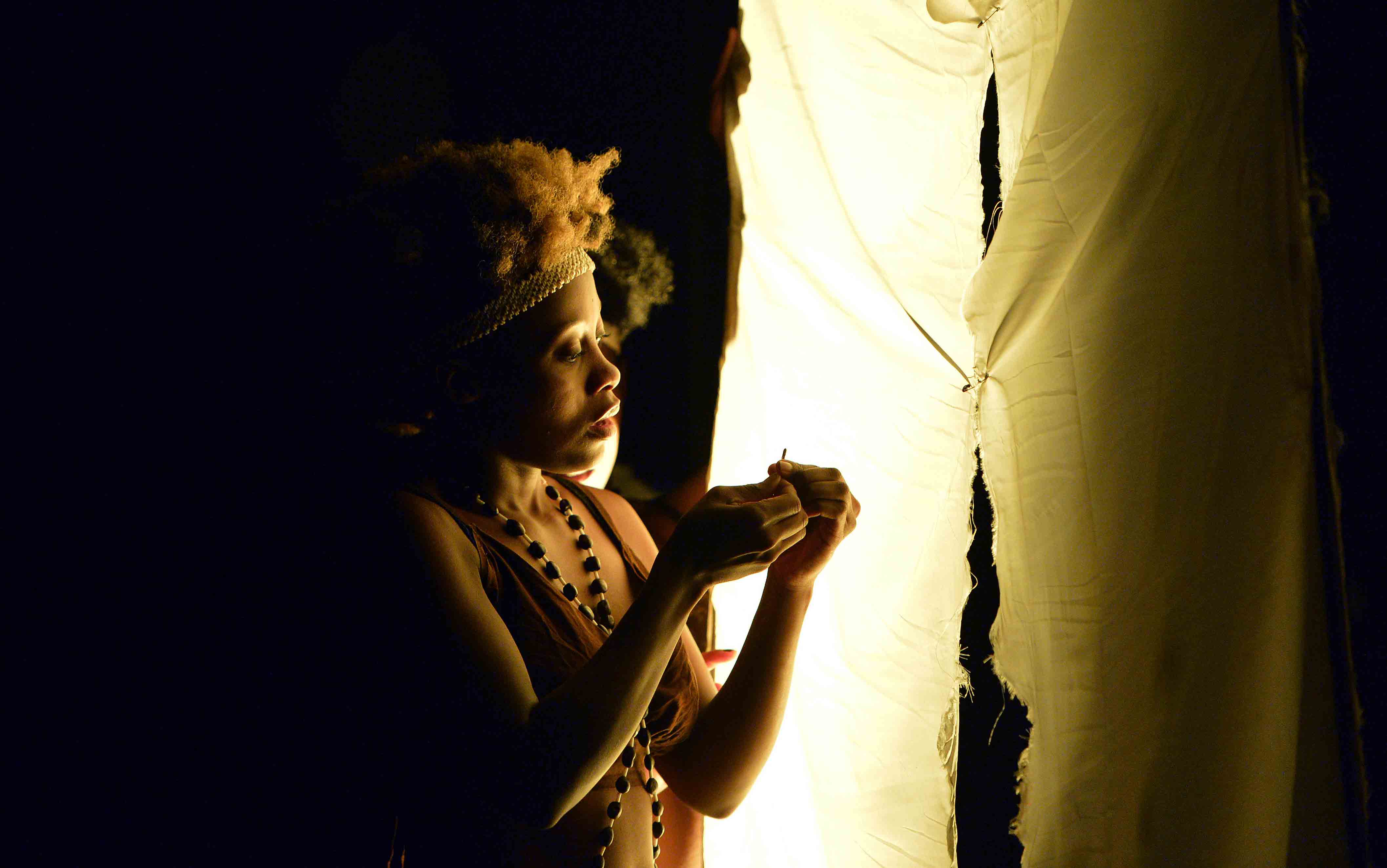The United Nations in Botswana in solidarity with the Government of Botswana, joins key stakeholders and society at large to condemn Gender-Based Violence(GBV), especially the increasing incidences of violence against women and children in public and private spheres. The UN strongly condemns the recent incidence of violence against a young woman who was killed and beheaded in Tlokweng, amongst other brutal murders that have been taking place across the country lately. This culture of violence must never be condoned. Although the Botswana Government has taken measures to develop laws, policies and programmes to respond to Gender-Based Violence (GBV), it remains one of the most prevalent human-rights violations in the country.
Women and girls continue to experience domestic violence, brutal murder, rape and unwanted sexual remarks, ridicule, harassment, and assault in public. According to the Botswana Gender-Based Violence Indicators Study (2012), 67% of women in Botswana had experienced some form of gender violence in their lifetime including partner and non-partner violence. The 2015 Botswana Youth Risk Behavioural and Biological Surveillance survey revealed that 33 per cent of sexually experienced students had sexual intercourse for the first time before the age of 13; and 1 in 5 of sexually experienced students were forced to have sex in the preceding 12 months.
Violence against women harms families and communities across generations and reinforces other forms of violence prevalent in society. Violence also carries tremendous costs, from greater health care, legal expenses and losses in productivity, impacting national budgets and overall development.
The United Nations in Botswana urges all stakeholders to strengthen efforts towards the prevention of violence in all spheres of society. We urge all stakeholders to strengthen the protection of women and children through the law and other policies. Effective prosecution of perpetrators is an important deterrent that must be reinforced. Strengthened provision of comprehensive services for survivors of violence in order to support their recovery remains urgent. The need to strengthen prevention of GBV cannot be over-emphasized. This requires new and innovative measures including male involvement. With courage, men can challenge the deeply rooted inequalities and social norms that perpetuate men’s control and power over women that reinforce violence against women and children.
The United Nations in Botswana has collaborated with the Government of Botswana through the UN Joint Gender Programme on Gender-Based Violence (2018-2020), signed on the 10 July 2018. As part of our contribution, as the UN Family, in support of the Government and other stakeholders’ efforts in uprooting GBV from our society, the UN Joint Gender Programme (UNJGP) will also strive towards the realization of the Sustainable Development Goal SDG 5 on Gender Equality: Target 5.2, to eliminate all forms of violence against all women and girls in the public and private spheres, including trafficking and sexual and other types of exploitation, and Target 5.3, to eliminate all harmful practices, such as child early and forced marriage and female genital mutilation. The United Nations promotes zero tolerance of violence against women and girls and calls for the elimination of all forms of Gender-Based Violence in all spheres of society.
Office of United Nations Resident Coordinator
United Nations in Botswana to condemns violence against women and children

